When it comes to maintaining the beauty and functionality of your cast iron cookware, understanding how long to bake cast iron seasoning is essential. Seasoning cast iron is more than just a technique; it is a ritual that can significantly enhance the life and performance of your cookware. In the realm of professional kitchens, this knowledge is invaluable, ensuring every dish cooked is a masterpiece.
As kitchen professionals, we recognize that the longevity of cast iron cookware relies on proper care and maintenance. Proper seasoning not only protects the cookware from rust but is also crucial for achieving that non-stick surface we all admire. So, how long should you bake your cast iron seasoning? Lets delve deeper into this culinary craft.
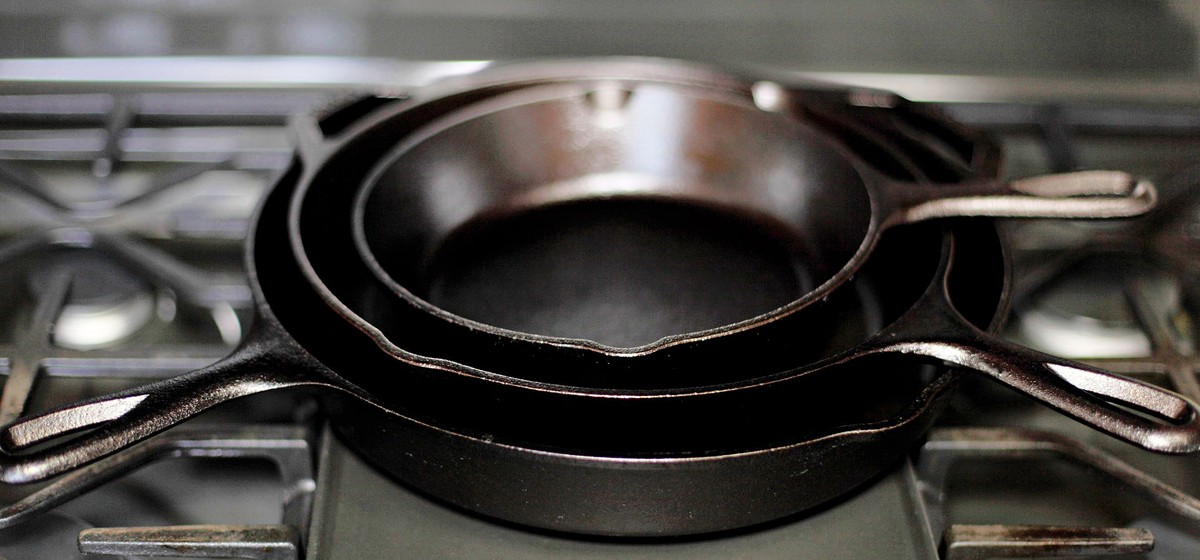
Understanding the Importance of Seasoning
To appreciate the nuances of how long to bake cast iron seasoning, one must first understand what seasoning is and why it's essential. Seasoning is the process of applying a thin layer of oil to the cast iron, then heating it to form a polymerized coating. This coating provides a natural non-stick surface and protects the metal from moisture.
Choosing the Right Oil for Seasoning
The kind of oil you choose for seasoning can significantly influence the outcome. Flaxseed oil is often praised for its high smoke point and durability, but oils like grapeseed, canola, and vegetable oil can also do the job effectively. Its essential to apply these oils in thin layers to avoid any sticky residue.
How Long to Bake Cast Iron Seasoning
Now, the question arises: how long should you actually bake the cast iron? For best results, you should bake your cast iron skillet for at least 1 hour at a temperature of 400F to 450F (200C to 230C). This duration ensures that the oil reaches its smoke point, allowing it to breakdown and bond with the iron, creating a robust seasoning.
After applying the oil, place the cast iron upside down in the oven with a sheet of aluminum foil on the rack below to catch any drips. This method prevents an excess buildup of oil in the cooking surface, leading to a more even finish.
Repeat the Process for Better Results
For optimal performance, consider repeating the seasoning process at least three times. Doing so will create a thicker layer that offers better protection and enhances the non-stick qualities.
Common Mistakes to Avoid When Baking Cast Iron
While seasoning cast iron seems straightforward, common mistakes can lead to subpar results. Here are some pitfalls to avoid:
- Using Too Much Oil: Applying too much oil can lead to a sticky residue.
- Inadequate Heating: Not reaching the correct temperatures can hinder the seasoning process.
- Not Allowing Enough Time: Rushing the baking may result in weak seasoning.
Maintaining Your Seasoned Cast Iron Cookware
Once your cast iron is properly seasoned, maintenance is key to retaining its integrity. Always clean your cast iron without harsh detergents. Instead, use a soft brush and hot water to remove food particles. For deeper cleanings or tough spots, consider using coarse salt as a scrub to aid in cleaning.
After cleaning, avoid air drying. Instead, dry the cast iron immediately by placing it on low heat for a few minutes, then applying a light layer of oil to preserve the seasoning.
When to Re-Season Your Cast Iron
Even the best-seasoned cast iron cookware requires re-seasoning over time. Signs that your cookware may need a fresh seasoning include:
- A change in color or dullness of the cooking surface.
- Food starting to stick to the surface more than usual.
- The presence of rust spots.
If you want to dive deeper into further specifications about cast iron, check this Lodge Seasoning Guide.
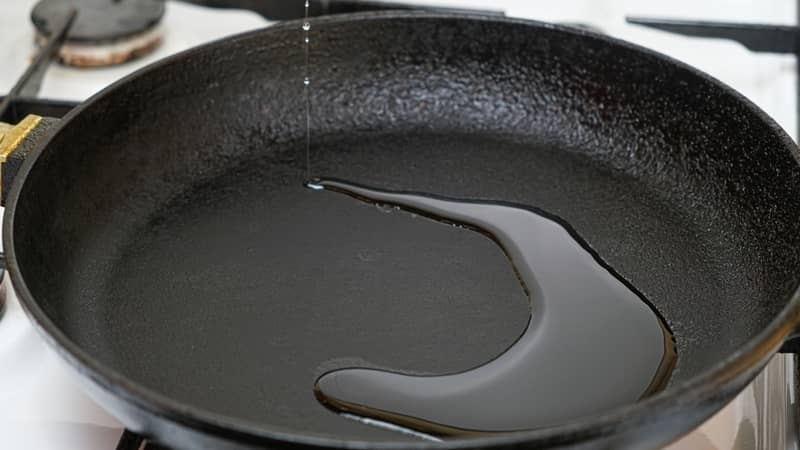
Frequently Asked Questions About Cast Iron Seasoning
1. How often should I season my cast iron skillet?
Generally, re-seasoning is recommended after every 5 to 10 uses, especially if the cookware starts to stick or shows signs of wear.
2. Can I use soap on my cast iron?
While it is not recommended to use soap regularly, a small amount can be used occasionally to remove stubborn residues, followed by reapplying oil.
3. Is it normal for cast iron to smoke during seasoning?
Yes, some smoke is typical when seasoning, especially if the oil reaches its smoke point. Ensure good ventilation in your kitchen.
As an Amazon Associate, I earn from qualifying purchases.

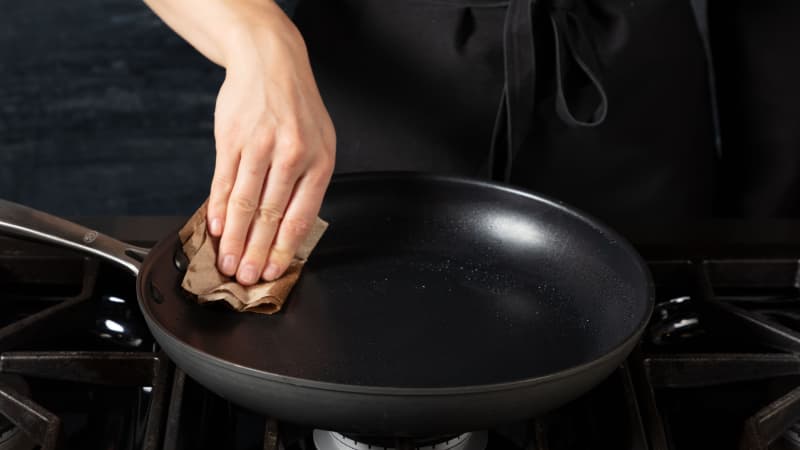


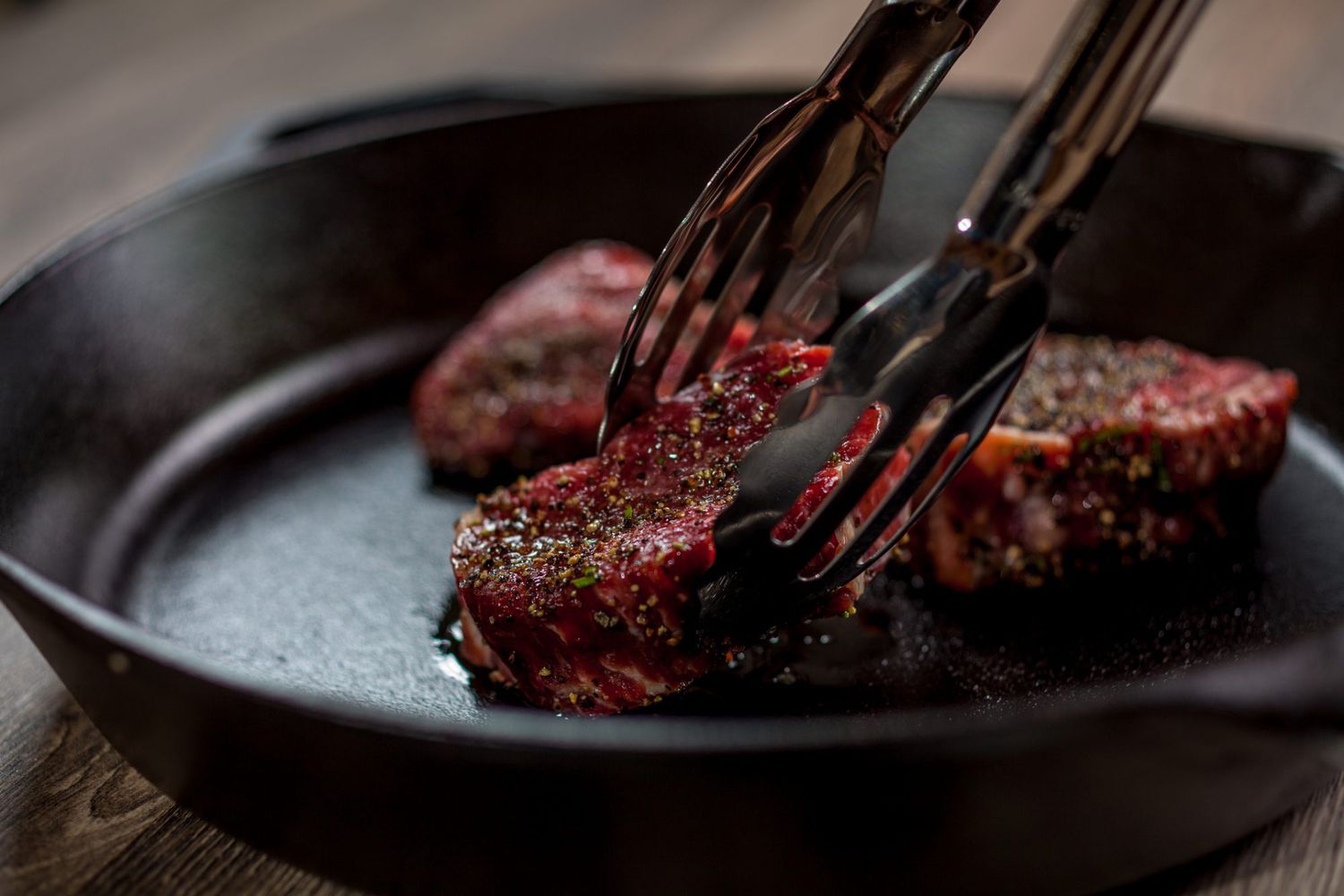
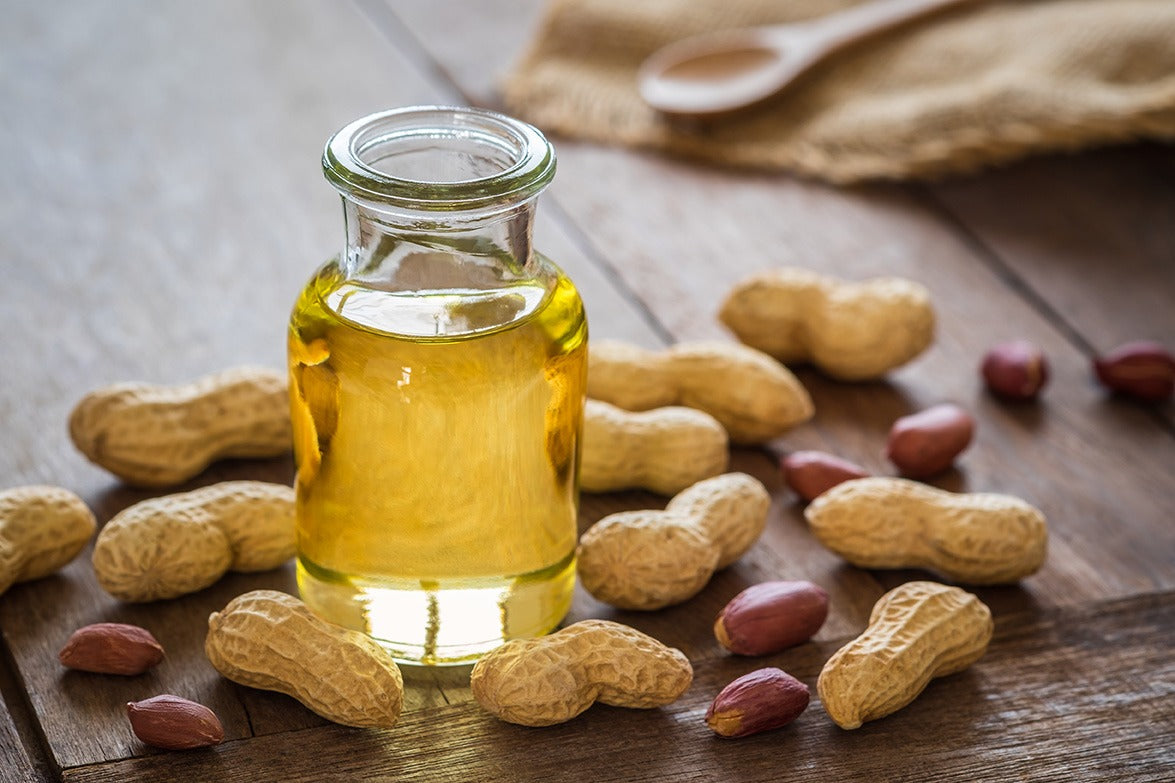
Leave a comment
This site is protected by hCaptcha and the hCaptcha Privacy Policy and Terms of Service apply.